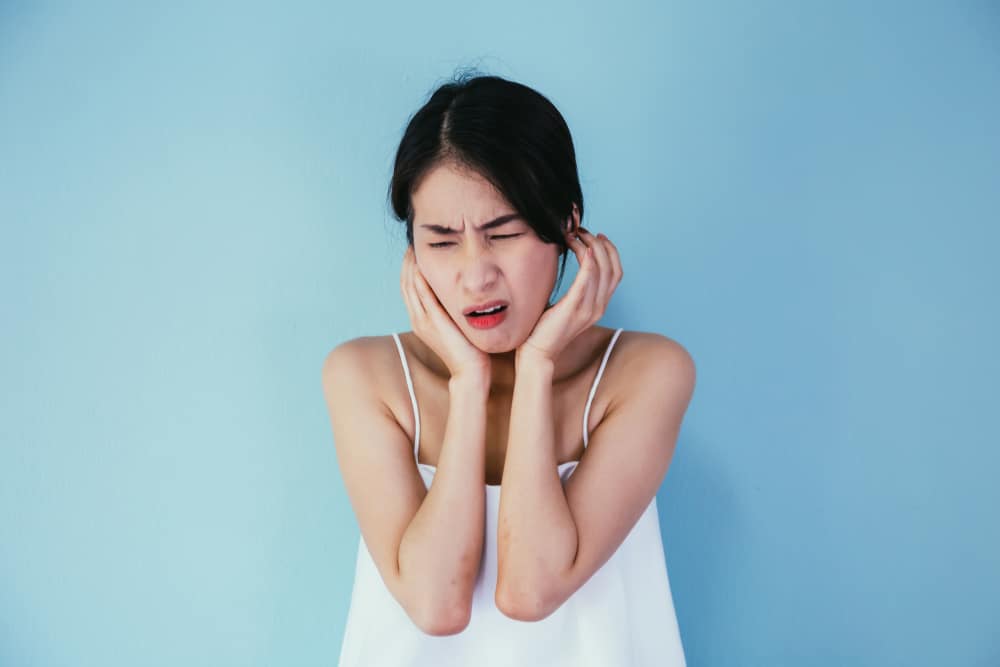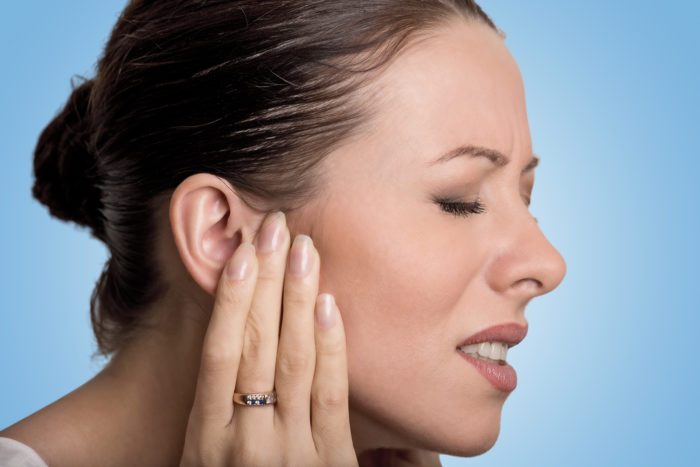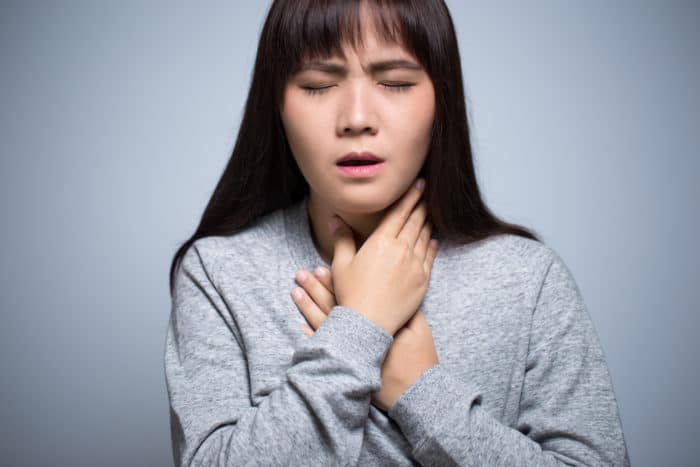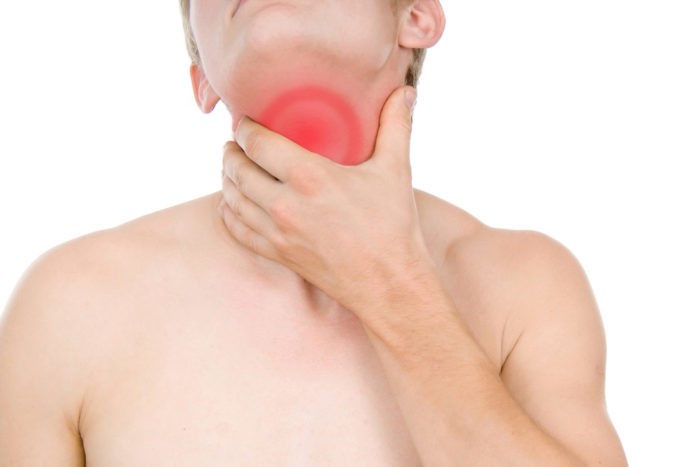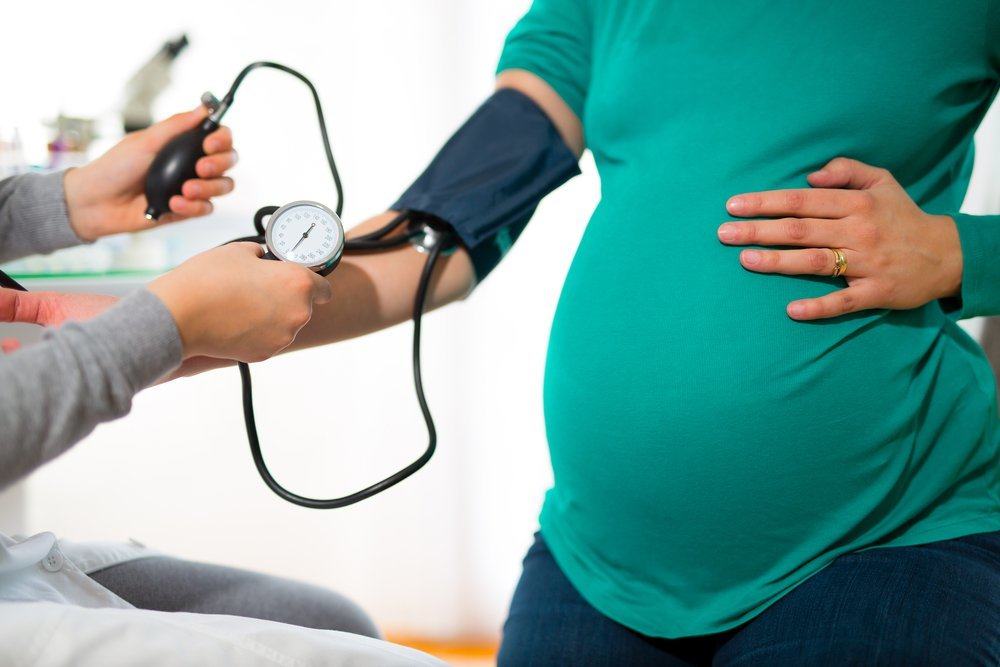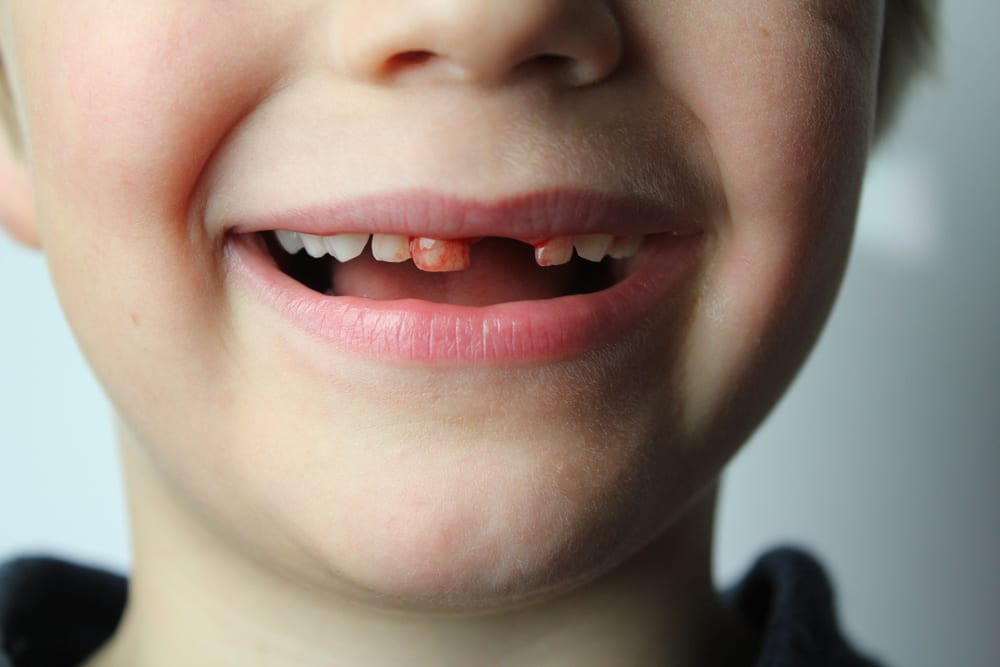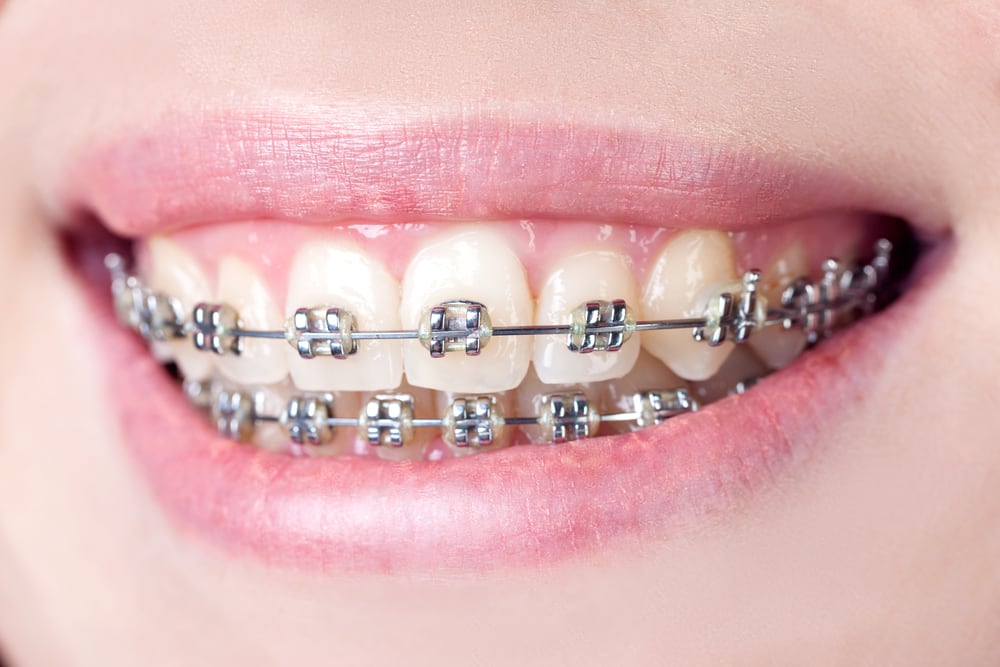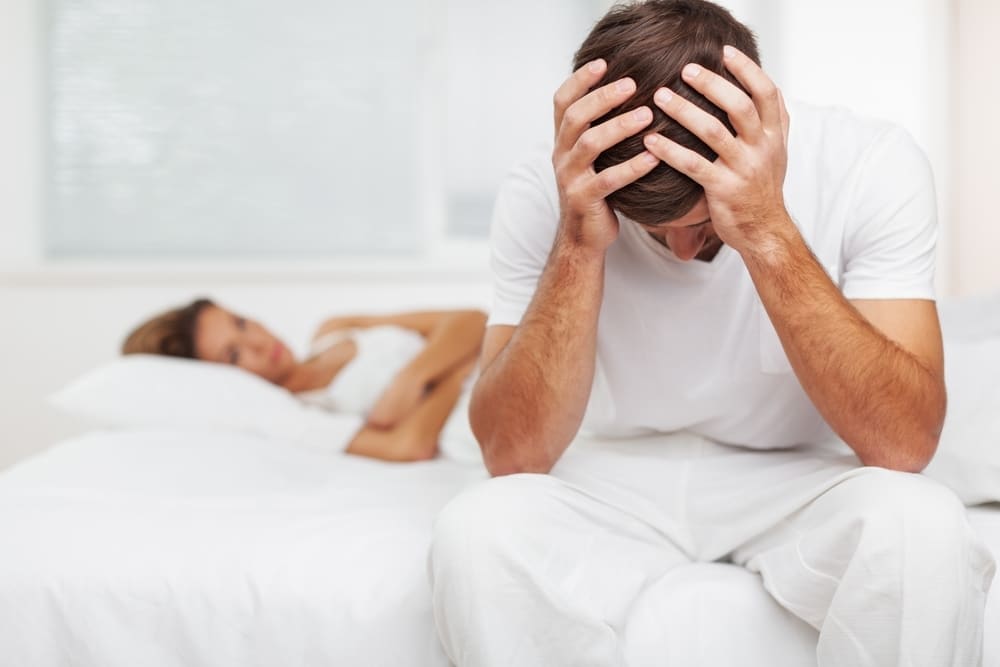Contents:
- Medical Video: Ears 101 : How to Relieve Ear Pressure Pain
- Various causes of ear pain when chewing
- 1. Ear infection
- 2. Colds and sinuses
- 3. Inflammation of the tonsils
- 4. Glossopharyngeal neuralgia (GPN)
- When do I have to see a doctor?
Medical Video: Ears 101 : How to Relieve Ear Pressure Pain
Ear pain is usually caused by extreme pressure changes, for example when on a plane or diving into the deep sea. However, some people can complain of ear pain when chewing. This actually indicates that something is wrong with your health. So, find out the cause before you get the medicine.
Various causes of ear pain when chewing
1. Ear infection
The most common cause of ear pain when chewing is an infection that attacks the middle ear (otitis media) or the outer ear (otitis externa). Bacterial or viral infections can cause tissue in the ear to swell and become irritated causing pain.
Apart from getting sick while swallowing, the symptoms of common ear infections are
- High fever (> 37.7ºC)
- Fluid or earwax that smells bad.
- Hard to sleep.
- Headache.
- The ear feels full; hard to hear clearly.
External ear infections can be distinguished from otitis media from external symptoms. Infection that attacks the outer ear causes the ear skin to turn red, swollen and itchy. Otitis media does not cause these symptoms. Middle ear infections actually make you easily emotional and have no appetite. The ear also feels more painful when lying down if you experience an otitis media infection.
Ear infections will usually improve on their own within 7-10 days, and can be accelerated by taking over-the-counter painkillers. But if the condition does not improve, consult your doctor to get the right prescription for antibiotic ear drops.
2. Colds and sinuses
Sinusitis or a cold that does not heal can cause ear infections, especially in children. This is because mucus or mucus can flow through the eustachian canal and fill the empty space in the middle ear space which should only be filled with air.
The longer the runny nose or sinus is left, the more mucus that can pool in the middle ear. The condition of the moist middle ear is ideal for bacteria and viruses to multiply, causing middle ear infections.
Children are more prone to ear infections due to colds because their immune systems are still weak. In addition, the length of the eustachian canal of a child's ear is shorter and flatter than an adult. This makes it easier for viruses and bacteria to walk towards the middle ear.
Various symptoms that your child may experience from this condition, namely:
- Ears hurt when chewing.
- Pain when swallowing.
- Cough.
- Dry and itchy throat.
- Redness behind the mouth.
- Bad breath.
- Swollen lymph nodes in the neck.
3. Inflammation of the tonsils
Inflammation of the tonsils occurs when the tonsils (tonsils) are infected by bacteria or viruses that swell. The symptoms that are usually indicated when the tonsils are inflamed include fever and sore throat when swallowing.
Tonsils are generally treated with prescription antibiotics if caused by bacteria or antiviral if caused by a viral infection. If left untreated, inflammation of the tonsils can get worse and cause complications called peritonsillary abscesses.
Peritonsillary abscesses are characterized by very large swollen tonsils and can fester. The pain can spread to one side of the ear, which makes the phone sweat when chewing or just opening the mouth.
In addition to antibiotics, doctors will usually recommend that the tonsils be removed to remove pus so the infection does not spread.
4. Glossopharyngeal neuralgia (GPN)
Glossopharyngeal neuralgia (GN) is a rare pain syndrome that attacks the glossopharyngeal nerve, the ninth cranial nerve located deep within the neck. GN causes sharp piercing pain in the back of the throat and tongue, tonsils, and the middle of the ear.
The extraordinary pain of GN can continue for several seconds to several minutes, and can return several times a day or every few weeks. Many people with GN report pain usually when swallowing, drinking cold, sneezing, coughing, talking, clearing their throat, and touching the gums or the inside of the mouth.
GN is associated with multiple sclerosis, and specifically is more often experienced by parents. Possible treatment is prescribing neuropathic pain medications such as pregabalin and gabapentin, or surgery.
When do I have to see a doctor?
Ears when chewing food will definitely feel very uncomfortable. You can immediately see a doctor if you feel various symptoms, such as:
- High fever.
- Liquid that keeps coming out of the ear.
- Hearing disorders.
- Swelling in or around the ear.
- Ear pain that lasts more than five days.
- Gag.
- A sore throat that is quite disturbing.
- Frequent recurrent ear infections.
In addition, you also need to see a doctor immediately if you have various long-term medical conditions such as diabetes, heart, lung, kidney, neurological diseases, and other diseases that weaken the immune system.

